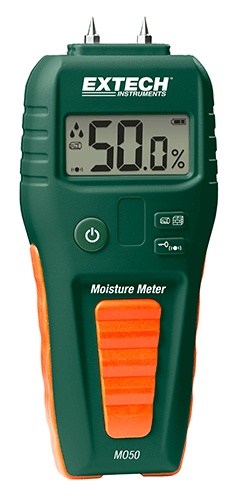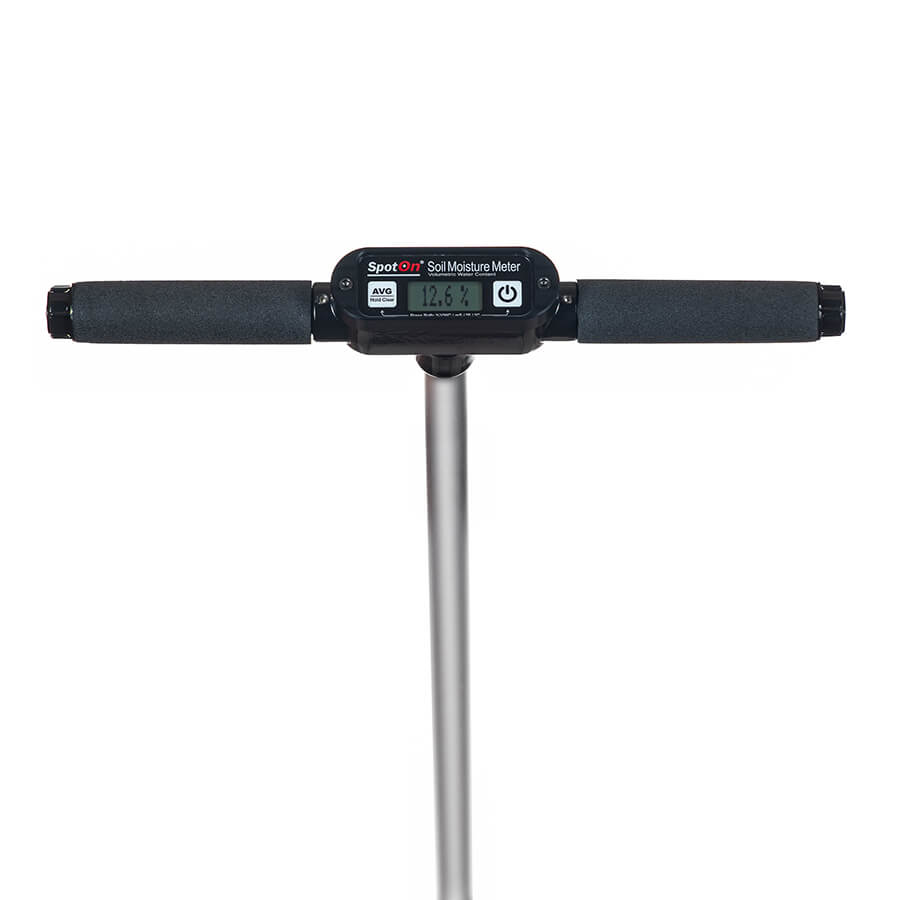Recognizing the Relevance of a Moisture Meter in Avoiding Mold and Water Damages in Your Home
In the world of home maintenance, the presence of wetness can commonly be a quiet yet formidable enemy, capable of triggering prevalent mold and mildew development and insidious water damage if left unattended. Comprehending the relevance of a dampness meter in this fight is not just an alternative yet a strategic necessity.
Significance of Moisture Detection
Effective wetness detection methods are vital for guarding homes and stopping prospective mold growth and water damage. Dampness can permeate right into different building materials, leading to structural concerns and carcinogen. By making use of a wetness meter, homeowner can proactively identify locations vulnerable to excess wetness, enabling for timely treatment and reduction techniques.
Moisture meters offer accurate analyses of wetness levels in various materials such as concrete, drywall, and timber. This data helps in determining areas of concern, also in concealed or hard-to-reach places. Early discovery of wetness accumulation makes it possible for timely repairs or changes to avoid more damages.

How Moisture Meters Job
Moisture meters play a crucial function in the proactive recognition of excess moisture, helping in the prevention of prospective mold growth and water damage by supplying accurate analyses of moisture degrees in various building products. These devices function based on different concepts, depending upon their kind. Moisture Meter. Pin-type moisture meters, for example, have 2 pins that penetrate the material to determine the electric resistance between them. When dampness is present, it improves the product's conductivity, resulting in a reduced resistance reading. Pinless wetness meters, on the various other hand, use electro-magnetic sensing units to scan the material without creating damage. These sensors send out electromagnetic signals that permeate the product and gauge the dielectric residential properties, indicating moisture material. Some progressed dampness meters combine both pin and pinless modern technologies for comprehensive moisture detection. Comprehending just how moisture meters feature is important for precise and prompt moisture level assessments, allowing efficient preventative actions versus mold and mildew and water damage.
Finding Early Indication
Upon first inspection of a property, acknowledging subtle signs of excess dampness ends up being vital in the early discovery of prospective mold development and water damage. Some typical very early indication consist of mildewy odors, water stains on ceilings or wall surfaces, peeling paint or wallpaper, and deformed or blemished surface areas. Stuffy smells usually show the presence of mold or mildew, also if no visible indications are apparent. Water stains can indicate leaks or seepage, while peeling paint or wallpaper may be a result of moisture compromising the adhesion of these products to the surface area. Distorted or tarnished surfaces, such as bending floorboards or stained drywall, are clear signs of water damages. In addition, a rise in allergic reaction symptoms or respiratory concerns great post to read amongst occupants may recommend the existence of mold as a result of excess moisture. By without delay identifying and dealing with these early warning indicators, house owners can alleviate the threat of extensive mold growth and water damages try these out in their residential or commercial properties.
Protecting Against Mold Growth
Recognizing early caution indicators of excess moisture within a building not only allows punctual discovery of potential mold growth and water damages yet also serves as a positive action in preventing the expansion of mold and mildew. To effectively prevent mold growth, it is vital to address any sources of wetness immediately.
Keeping an eye on moisture degrees in locations prone to wetness, such as cellars and crawl rooms, making use of a wetness meter can also assist in early detection of raised moisture degrees and prospective mold development - Moisture Meter. By taking positive actions to stop excess moisture and mold and mildew growth, homeowners can guard their home and indoor air top quality.
Benefits of Normal Monitoring
Regular tracking of wetness degrees in a property can play an essential function in preserving a healthy indoor atmosphere and stopping prospective mold and mildew and water damages. By consistently examining dampness degrees, home owners can identify any kind of concerns without delay and take essential activities to protect against mold and mildew development and water damage.
Furthermore, normal tracking permits homeowners to track patterns and fads in wetness levels over time. Inevitably, the constant surveillance of wetness degrees empowers home owners to secure their home, protect their health and wellness, and preserve the honesty of their indoor setting.

Final Thought

By making use of a dampness meter, residential property owners can proactively recognize areas vulnerable to excess wetness, permitting for timely treatment and mitigation approaches.

Keeping track of moisture levels in locations vulnerable to moisture, such as basements and crawl spaces, using a dampness meter can additionally help in early detection of elevated dampness degrees and prospective mold development. (Moisture Meter)
Comments on “How a Moisture Meter Can Enhance Your Building And Construction Projects and Protect Against Damage”